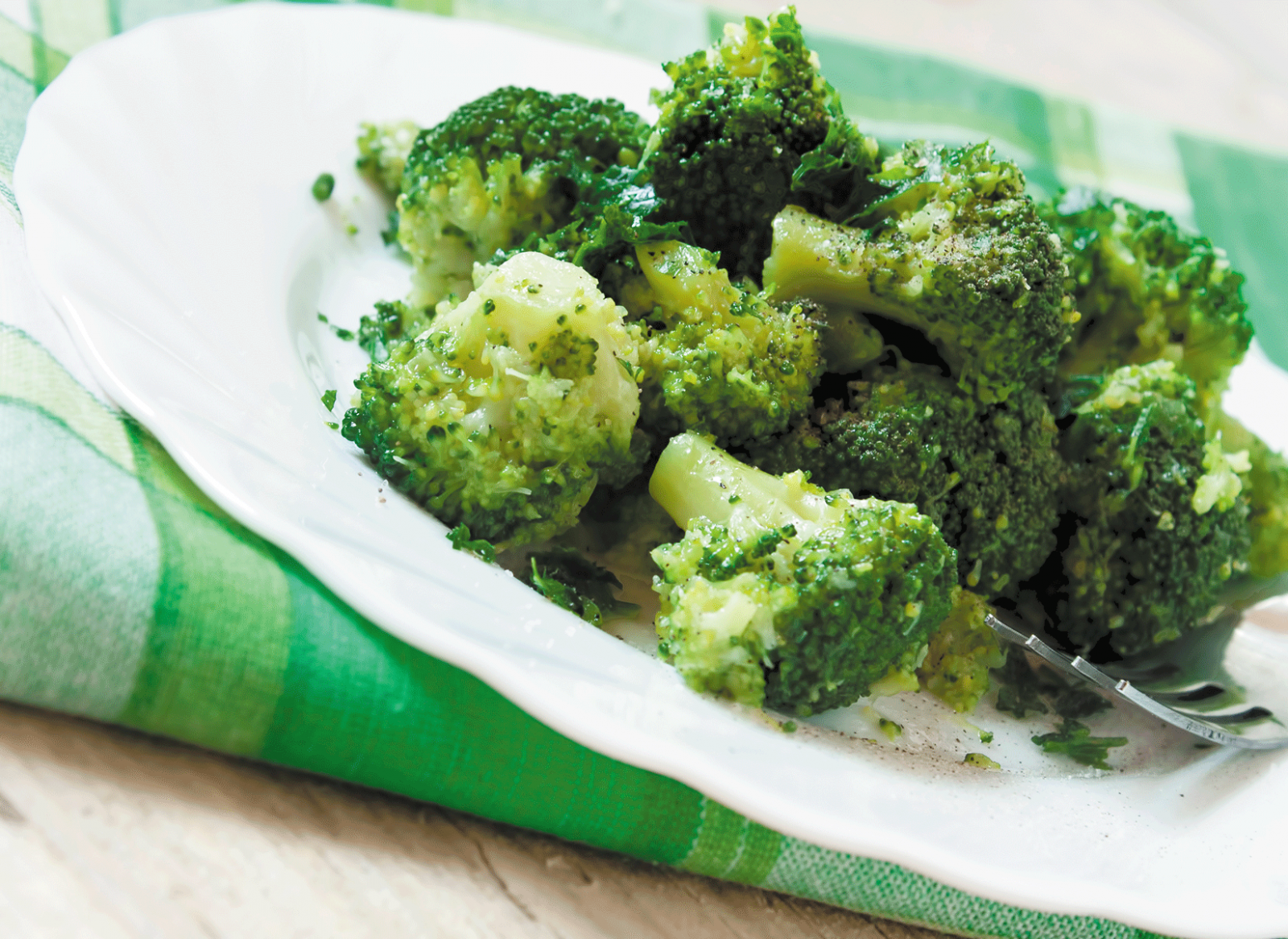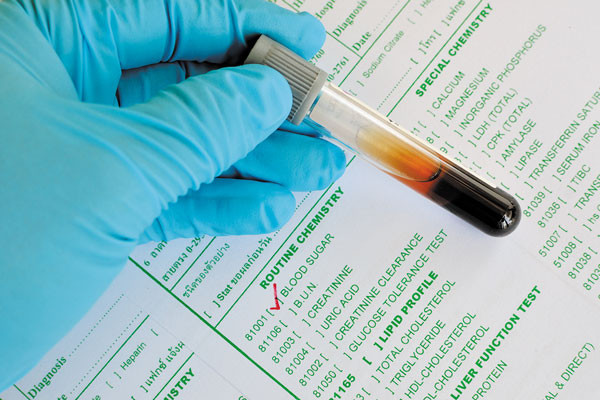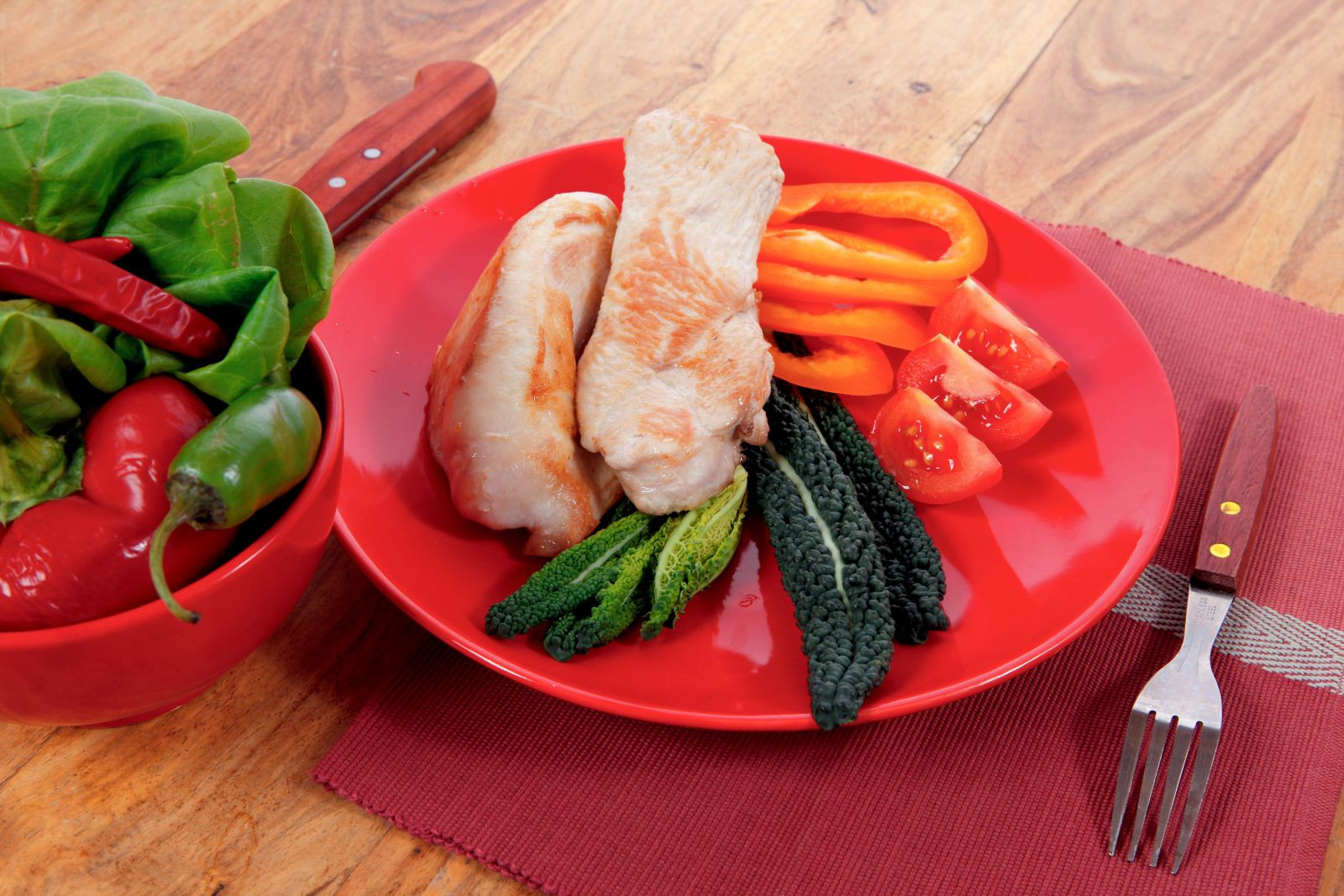
New thinking about plaque in arteries that feed the brain

Want to prevent shifting teeth? Maybe you need retainers

New evidence that polyphenol-rich foods help the heart

What you need to know about the new dietary guidelines

Food that’s healthier for people and planet can be cheaper, too

What are somatic workouts?

How to curb your stress eating

8 simple ways to reduce ultra-processed foods in your diet

How to spot Parkinson’s disease symptoms

Heart failure symptoms in women: How they’re different
Diet & Weight Loss Archive
Articles
3 health strategies to help you get through the holidays
Image: Thinkstock
Plan now to help prevent overeating, trips to the hospital, and depression.
The winter holidays are supposed to be a joyous time, filled with celebration. But they come with health risks, such as loneliness and depression, overeating, weight gain, falls in icy weather, foodborne illness, and heart problems. Here are ways to protect yourself while enjoying the season.
Not all vegetables aid weight control, Harvard researchers find
Image: Thinkstock
News briefs
Adding more fruits and vegetables to your diet is a good idea for many reasons, and weight control is one of them. But some vegetables are associated with weight gain, according to a Harvard study published Sept. 22, 2015, in PLOS Medicine. Researchers analyzed weight and diet changes in about 118,000 people over 24 years, at roughly four-year intervals. On average, people who increased their intake of fruits (especially berries, apples, and pears) and most vegetables, especially high-fiber, low-glycemic-load vegetables such as broccoli and Brussels sprouts, lost a little weight. In contrast, people who ate more starchy vegetables—peas and corn, for example—tended to pack on more pounds over time. This didn't prove that certain vegetables caused weight gain. "But we suspect the association may have something to do with the fact that starchy vegetables have a high glycemic load, meaning they spike blood sugar more than other foods," says Dr. Monica Bertoia, a Harvard Medical School instructor and lead author of the study.
Which fruits and vegetables are best for weight loss?
Image: Thinkstock
Research we're watching
Eating more fruits and vegetables can help you control your weight, but the type of produce you choose may make a difference, a new study finds.
Researchers tracked nearly 118,000 people in their 30s and 40s, collecting information about their eating habits every four years for 24 years. They found that over a four-year period, people who ate an extra daily serving of fruit shed about a half pound of weight, while those who ate an extra daily serving of vegetables lost a quarter-pound, on average.
Ask the doctor: Are diet drinks safe?
Image: Thinkstock |
Q. I've been drinking Fresca since I was in college. Lately I've been reading that diet drinks may cause weight gain and have other bad effects. Is that true?
A. There is some controversy about whether drinking diet soda helps or hurts in maintaining or achieving a healthy weight. Some studies show that people who consume artificially sweetened drinks take in fewer calories and are better able to control their weight. However, other studies show the opposite—that consuming diet drinks may result in weight gain as well as type 2 diabetes.
The balancing act: A guide to heart-friendly holiday eating
Making smart eating choices can help you enjoy your favorite holiday foods in a heart-healthy way. |
Planning ahead can help you navigate the hazards of holiday overindulgence.
Should postmenopausal women boost their aerobic exercise time?
Among 400 postmenopausal women who were previously inactive, those who did 300 minutes per week of moderate or high intensity exercise had more success at reducing total fat after one year than those who exercised for 150 minutes per week.
Rising blood sugar: How to turn it around
| Image: Thinkstock |
Rising blood sugar signals a need for weight loss and more exercise.
Whenever you have routine blood tests at a physical exam, chances are one of the numbers will be a measurement of your glucose, or blood sugar. A normal blood sugar level is less than 100 milligrams per deciliter of blood (mg/dL) after an eight-hour fast. You have diabetes if your blood sugar is 126 mg/dL or higher. But between those two numbers lie many opportunities for action.
Quitting smoking doesn’t have to mean big weight gain
Weight gain might be one of the most dreaded “side effects” of quitting smoking. Constant reminders of the health dangers of being overweight lead some smokers to think that smoking is “safer” than the weight they might gain if they quit. But that’s just not the case. It’s true that people tend to gain 5-10 pounds in the first six months after they stop smoking. But a recent study suggested that for those who quit, weight gain slows down over the following 10 years after quitting. Over that same time period, people who continued to smoke also gained some weight, though not as much. Over all, kicking the habit doesn’t have to mean a larger waistline, especially if you plan ahead.
DASH or Mediterranean: Which diet is better for you?
Both eating plans have proven health benefits. Deciding which to follow depends on your goals and preferences.
The DASH diet has been named the best diet in the United States by U.S. News and World Report. However, the U.S. government panel writing the 2015 Dietary Guidelines for Americans cited the Mediterranean diet as an example of how we should eat. If you're trying to choose the best eating plan to lower your health risks, which one should it be?
Study gives new insights into obesity and breast cancer
An analysis from the Women's Health Initiative (WHI) suggests not only that postmenopausal women who are overweight or obese have a higher risk of invasive breast cancer than women of normal weight but also that the excess risk increases as a woman's weight rises beyond obesity. The results were published online June 11, 2015, by JAMA Oncology.
A team of investigators from several medical centers studied data on 67,000 postmenopausal women who enrolled in the WHI between 1993 and 1998. They were followed for a median of 13 years. During that time, 3,388 invasive breast cancers were detected. The researchers analyzed the distribution of breast cancer among weight classes and calculated the risks for women who were overweight (body mass index, or BMI, of 25 to 30), obese (BMI 30 to 35), or very obese (BMI over 35) compared with women of normal weight (BMI 25 or less). They found that the increased risk of developing breast cancer ranged from 17% in women who were overweight to 59% in those with a BMI over 35. Among women who began the study at a normal weight, those who gained at least 5% of their original weight had a 12% higher risk of developing breast cancer than those who maintained their original weight. Neither losing weight nor using hormone therapy had a significant effect on risk for women of any weight.

New thinking about plaque in arteries that feed the brain

Want to prevent shifting teeth? Maybe you need retainers

New evidence that polyphenol-rich foods help the heart

What you need to know about the new dietary guidelines

Food that’s healthier for people and planet can be cheaper, too

What are somatic workouts?

How to curb your stress eating

8 simple ways to reduce ultra-processed foods in your diet

How to spot Parkinson’s disease symptoms

Heart failure symptoms in women: How they’re different
Free Healthbeat Signup
Get the latest in health news delivered to your inbox!
Sign Up











